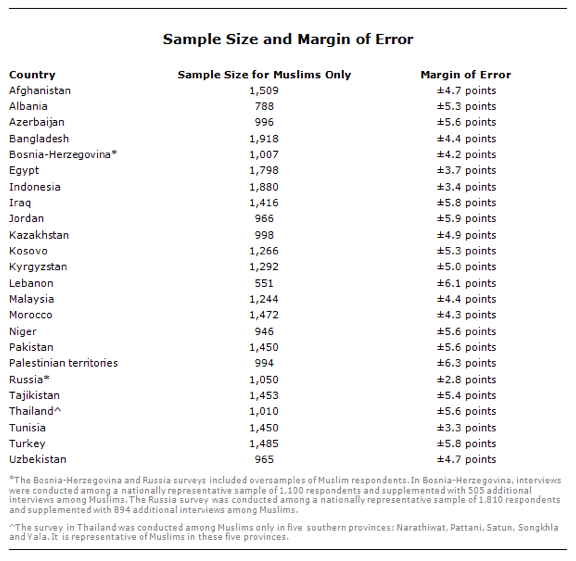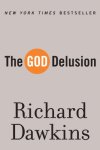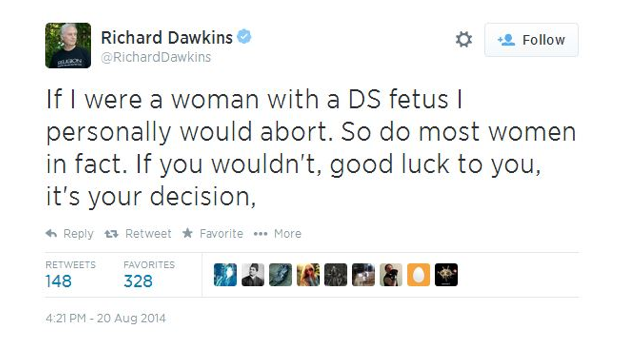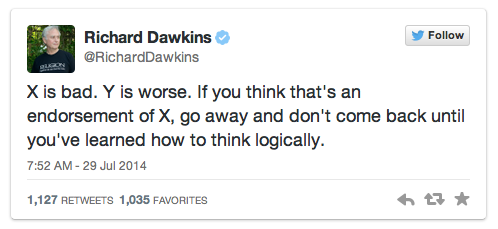As I mentioned in my previous post, I’ve been spending my time recently trying to find video clips that might represent a ‘New Atheist discourse.’ This week, I selected a few examples in order to demonstrate how one might do bad scholarship. In fact, this post is perhaps just a continuation of my previous one on locating New Atheism within a discursive boundary demarcated by an ‘asshole’ mentality. Does this mean I think ‘bad scholars’ are ‘assholes?’ Maybe. It varies from day to day, and from scholar to scholar.
Let’s begin with Richard Dawkins. In the following clip Professor Dawkins is listing off a number of ‘religious things’ that offend him. Or, rather, that should offend us. While we might all ‘generally agree’ that these are certainly things that we should be offended by, were we to specify them as actions outside our own contextual boundaries about ‘ethics’ and ‘morality,’ the way that he shapes his argument is what shines through for me.
In the clip, he displays horrible atrocity after horrible atrocity while deftly (or, as he says it, ‘logically’) associating these things with ‘religious thinking.’ Then, he casually moves his argument toward a quote from Martin Amis, a rhetorical question about what a ‘secularist’ would shout when ‘cutting off an infidel’s head.’ To answer this question, he cites a ‘critic’ of Amis’ book, who responds: “they shout ‘Heil Hitler.'” Now, his argument is about Hitler, focused on whether or not he was an ‘Atheist,’ to which he easily declares that he was a Catholic. Or, at least his soldiers were. Likewise, he adds, even if he was an Atheist, that shouldn’t matter. He was also a vegetarian. He asks: “Does that suggest that vegetarians have a special tendency to be murderous, bigoted racists?” To which the audiences giggles at such audacity.
From here, he easily slides into his conclusive point:
The point is, that there is a logical pathway leading from religion to the committing of atrocities. It’s perfectly logical, if you believe that your religion is the right one, you believe that your God is the only God, and you believe that your God has ordered you through a priest or through a Holy Book, to kill somebody, to blow somebody up, to fly a plane into a skyscraper, then you are doing a righteous act. You’re a good person. You’re following your religious morality. There is no such logical pathway leading from Atheism and secularism to any such atrocious act. It just doesn’t follow.
Based on the evidence he provides, his argument appears sound. Of course, were we to test his argument against historical facts, not only would much of what he says be logically unsound, it would also be questionable on a vast number of theoretical points. For these reasons, we might ask, why did he not supply more evidence? Or conflicting evidence? Why would he use Hitler as an example, if the association of Hitler to ‘secularism’ is a “truly outrageous thing to say?” As well, could we not simply take his argument about the ‘logical pathway’ leading from ‘religion’ to the committing of atrocities and relate it to another evidential example, such as the State Atheism (Communism) of Albania, China, and Cuba, or the ‘secular revolutions’ of France and Mexico? Of course, to do this, we might be forced to define, via discursive and lexical examples, how those ‘Atheisms’ might represent some sort of ‘Atheism’ that we could then relate to that found in Britain or the United States. Then again, this takes work, to which, for logical reasons, I doubt Professor Dawkins is willing to commit. When it comes to this subject, he is a bad scholar.
I would argue that this is another trait of the ‘New Atheism’ presented by Dawkins, Harris, and a few others, such as Bill Maher. While Maher has been an Atheist advocate for some time now, his discursive alignment with the Atheism representative of Dawkins, et al. is not only established but their shared argumentation, but by their bad scholarship as well.
Here’s a handy example.
In an interview with Charlie Rose in 2014, Maher presents his position on religion (‘they’re all stupid’), and then turns the conversation (with the help of Charlie) toward religious violence. The essential point I will be focusing on here is a citation he makes to support his statement that Muslims, in general, ‘condone violence.’ When asked by Charlie, “how do you know that,” he states:
There’s a Pew Poll of Egypt done a few years ago, 82 percent I think it was, said, uh, stoning was the appropriate punishment for adultery. Over 80 percent thought, uh, death was the appropriate punishment for leaving the Muslim religion.
This statement is made at the 2:23 mark.
This citation returns a bit later on his own show on HBO, Real Time with Bill Maher. His guests for this episode are Sam Harris, Ben Affleck, Michael Steele, and Nicholas Kristof. Again, the discussion is on religious violence, predominately about ISIS, and the way that ‘liberals’ are failing to control this sort of ‘fundamentalism.’ The section of this clip that I will focus on here comes toward the end of the debate after Ben Affleck attempts to convey his own argument that Maher and Harris are simply being racially insensitive, and stretching their ideologies beyond reasonable limits. In reaction, Maher states:
No it’s not. It’s based on facts. I can show you a Pew Poll of Egyptians–they are not outliers in the Muslim world–that say like 90 percent of them believe that death is the appropriate response to leaving the religion. If 90 percent of Brazilians thought that death was the appropriate response to leaving Catholicism, you would think it was a bigger deal.
The specific statement occurs at the 8:02 mark.
While many of the rejoinders to Maher’s and Harris’ statements here about their ‘caricatures’ of religious individuals, as well as connections of this sort of language to ‘white racism against blacks’ in the United States, are indeed poignant responses, it is the statistics that Maher is using to defend his position that I think stand out the most.
On two occasions, when arguing that Muslims (or ‘Islam,’ since he tends to refer to the religion, rather than to religious individuals) are inherently violent, he has done so based on ‘facts.’ This is, of course, a good means of argumentation. It gives credence to one’s position, and grounds the statements made in a foundation of ‘truth.’
Of course, this only tends to work when those ‘facts’ remain details without any further elucidation.
With this in mind, and in considering that he has based his argument that ‘Islam’ is violent because a Pew Poll stated that a vast majority felt a certain way about using violence, let’s turn now to those facts themselves.
The poll cited was a part of a Pew Forum report on The World’s Muslims: Religion Politics, and Society conducted in 2011. The section Maher is referencing is Chapter 1: Beliefs about Sharia. In the first clip, he references the results about stoning as a punishment for adultery. Here is an image of that data:
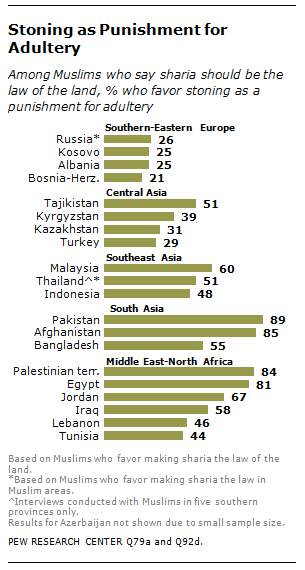 In the first and the second clip, he refers as well to the punishment that should be given for leaving the Muslim faith. Here is that data:
In the first and the second clip, he refers as well to the punishment that should be given for leaving the Muslim faith. Here is that data:
 While he is incorrect about the exact percentage, he is still fairly close to the actual numbers. Nevertheless, here is quantitative data, ‘fact,’ that he can use to support his argument. From this, we might agree that, yes, it seems that up to 80 or 90 percent of Egyptians believe the death penalty is the appropriate punishment for adultery or leaving the faith. He would be correct, then, in saying that, as an example, this supports the idea that ‘Islam’ is violent.
While he is incorrect about the exact percentage, he is still fairly close to the actual numbers. Nevertheless, here is quantitative data, ‘fact,’ that he can use to support his argument. From this, we might agree that, yes, it seems that up to 80 or 90 percent of Egyptians believe the death penalty is the appropriate punishment for adultery or leaving the faith. He would be correct, then, in saying that, as an example, this supports the idea that ‘Islam’ is violent.
However, his statement begins to turn into a ‘caricature’ when we look at the actual numbers polled. Here is an image taken of Appendix C: Survey Method that gives the specifics about the data itself:
Likewise, here is an image of the sample size that make up the data:
As we can see, the data itself is representative of a sample size, meaning it should not be used as a representation of all people in Egypt, let alone all Muslims. Furthermore, this is data based on face-to-face interactions over a single month. It would be impossible in that time to actually poll the roughly 79,000,000 people who lived in Egypt in 2011. As well, the two responses concerning the death penalty for adultery and leaving the faith are based on individuals who ‘say sharia should be the law of the land.’ These details do not support his argument in the way that he has made it.
I should add here that this is not meant as a critique of this sort of data, nor of the utility in gathering and using such quantitative information. Rather, I’d argue it provides a bit of a caveat about mis-using it. This is evinced best, I think, by how Maher does exactly that. That is, if he were to re-word his statement, the resulting conversation might be a bit more effective. Perhaps something like this:
Of the Egyptian people polled in 2011 who thought Sharia should be the law of the land, 80-90 percent of them stated the death penalty was an appropriate response to actions we here in America might find unethical because of our differing political context. While this is merely a sample size and should not be considered a representation of the 79 million people living in Egypt, let alone the billion Muslims worldwide, I still think it provides an interesting entry point to a discussion we could have on the way this sort of discourse might influence how Islam is perceived, both in and out of the context in which these answers are given.
Instead, he chose a different approach:
It’s the only religion that acts like the mafia, that will fucking kill you if you say the wrong thing, draw the wrong picture, or write the wrong book (6:40 in the third clip).
Again, this is bad scholarship.
The caricatures created by both Dawkins and Maher in these examples reflect a certain type of discourse. This is, I’d argue, a result of the way they use ‘data’ and ‘facts’ to support their argument, rather than the other way around. Which, additionally, damages what they have to say. Instead, they come across as equally fundamentalist in their thinking as the people they are arguing against, using bad scholarship to support their opinions. In this same way they are telling a particular story about themselves, and about how they construct their discourse, much in the same way the individuals who responded to the Egyptian poll have provided a certain story that we might, were we so inclined, use to interpret them in an equally general (and incorrect) manner.

